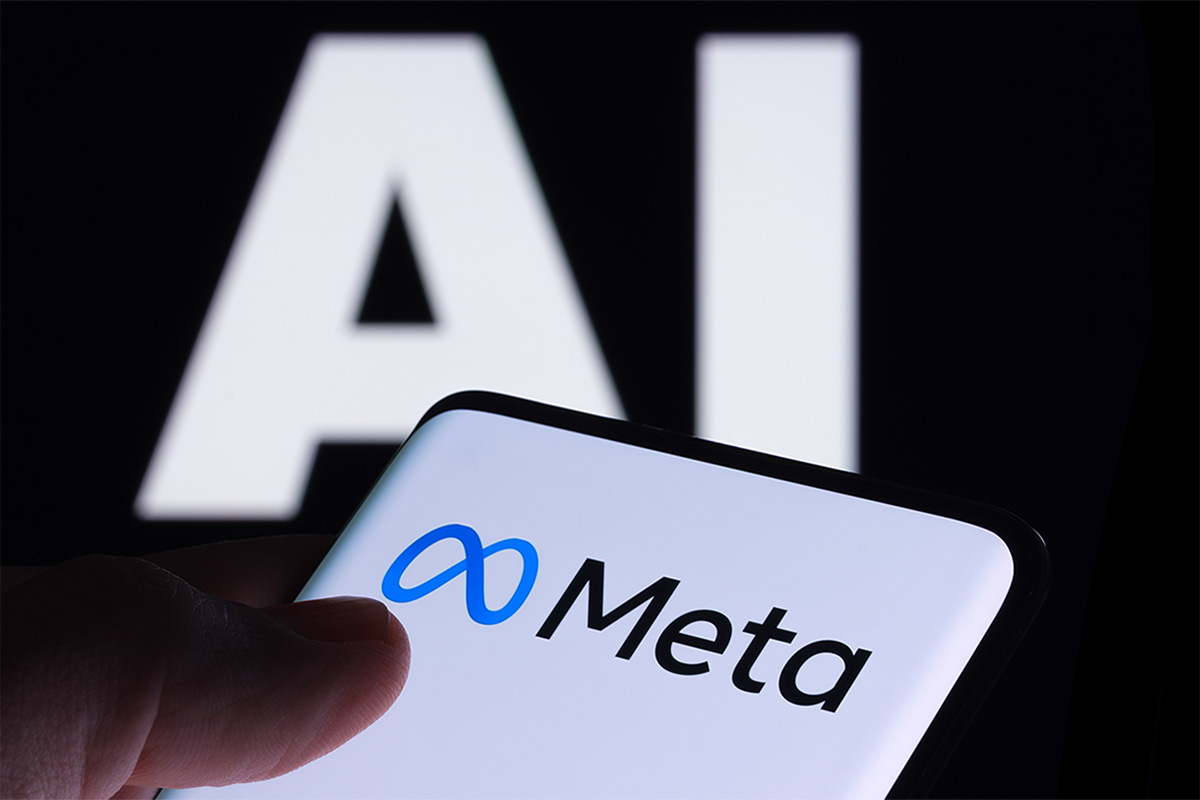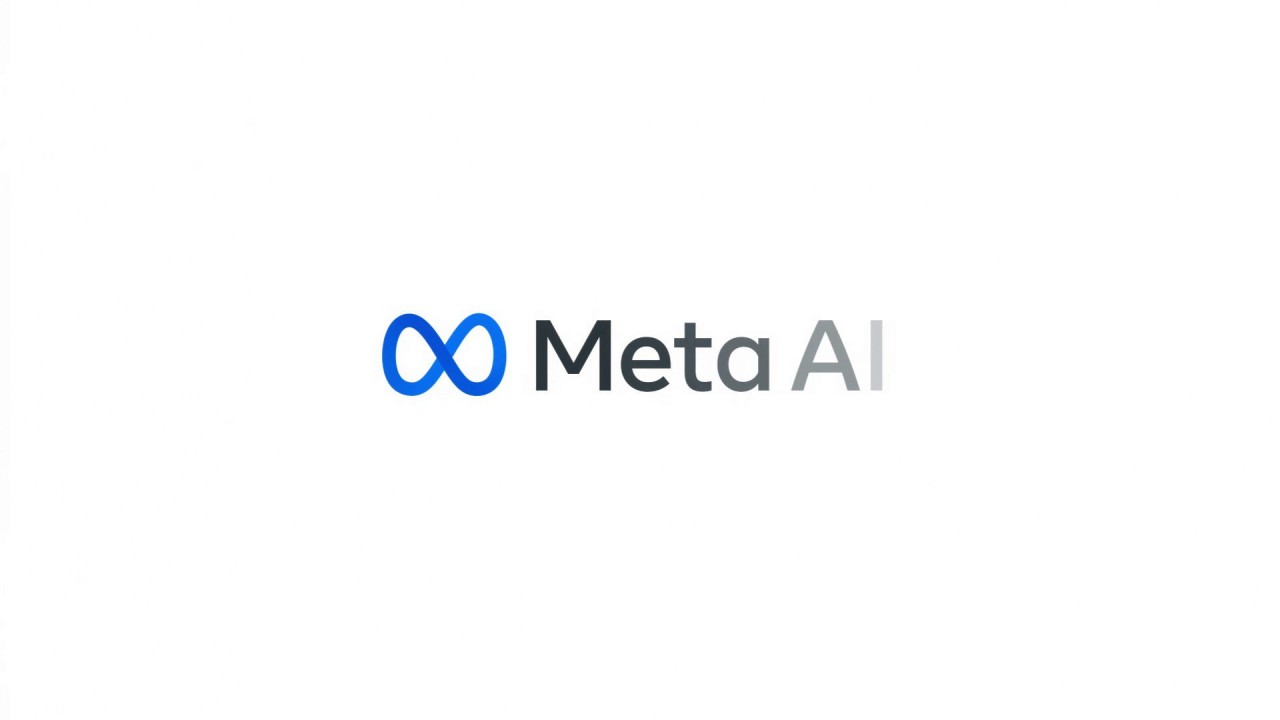Meta Platforms is gearing up to implement a groundbreaking feature, aiming to detect and label images produced by external artificial intelligence (AI) services in the coming months. This move is in response to rising concerns regarding the potential misuse of generative AI technologies. The labeling system, utilizing invisible markers embedded in files, will soon be applied to content on Facebook, Instagram, and Threads, signaling users that these images are digital creations rather than authentic photographs. Nick Clegg, Meta’s President of Global Affairs, shared details about this development in a recent blog post.
Meta Expanding Labeling Practices Beyond In-House AI Content
While Meta already labels content generated through its own AI tools, the company is extending this practice to images created on platforms operated by other tech giants such as OpenAI, Microsoft (MSFT.O), Adobe (ADBE.O), Midjourney, Shutterstock (SSTK.N), and Alphabet’s (GOOGL.O) Google. This collaborative effort signifies an early glimpse into the establishment of standards among tech companies for handling content generated by AI, akin to the coordinated removal of prohibited content over the past decade.
In an interview, Clegg expressed confidence in the reliability of labeling AI-generated images. However, he acknowledged that marking audio and video content posed greater challenges and was still in the developmental stages. Despite the technology not being fully mature, Clegg hoped that the industry could gain momentum and establish incentives for widespread adoption.
To address interim challenges in labeling audio and video content, Meta plans to require users to label their own altered media. Penalties will be applied for non-compliance, although specific details about these penalties were not provided. Clegg emphasized that there is currently no effective mechanism to label written text generated by AI tools, noting that this aspect has already evolved beyond feasible labeling.
The announcement comes after Meta’s independent oversight board criticized the company’s policy on misleadingly doctored videos, advocating for labeling instead of removal. Clegg agreed with the board’s critique, acknowledging that Meta’s existing policy is inadequate for an environment where synthetic and hybrid content becomes more prevalent. The new labeling partnership demonstrates Meta’s commitment to addressing these concerns and aligning with the oversight board’s recommendations.
Read More AI – Tech Foom









